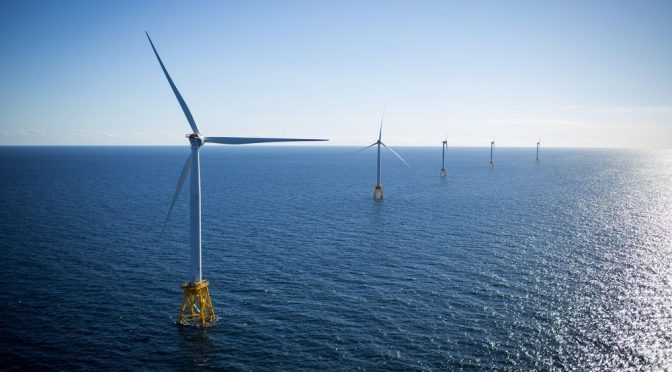
The failure of the UK government’s latest round of offshore wind auctions must be a watershed moment for the offshore wind industry around the globe. Despite clear warnings from the industry that prices set by the UK government made project investment unfeasible, policymakers failed to act. Price caps for this year’s auction were even lower than the previous round, even while wind developers face an acute inflationary environment and rising supply chain costs.
Regions with offshore wind ambitions like APAC and Latin America must not repeat the UK’s mistake, and instead ensure that government and industry can work in partnership to accelerate renewable energy.
“We hope the UK government learns a lesson from this: wind energy is cheap, but it’s not free, and investors can’t be taken for granted. We are seeing these challenges around the world and governments will be watching today’s news closelyBen Backwell, CEO, Global Wind Energy Council
Industry is eager to work with governments to deliver the infrastructure that will generate clean jobs, thriving industrial development and climate-resilient growth. But it must be a partnership that reflects the shared challenges of costs, supply chains and coherent industrial strategy.
In the latest Global Offshore Wind report from the Global Wind Energy Council, an enormous 380 GW of offshore wind was forecast to be installed in the next decade. Realising that potential requires cooperation at an unprecedented scale; between governments and industry, and also across regions. The failure of this round of auctions in the UK is a regrettable lesson that industrial growth on this scale is a collaborative effort.
Ben Backwell, CEO of the Global Wind Energy Council, said: “The UK government didn’t listen to repeated industry warnings about inflationary pressures and increased capital costs so it is no surprise that the auction has been a failure
“This is a huge missed opportunity, particularly as offshore wind remains much cheaper than gas. The UK is competing with other markets around the world for clean energy investment – just look at how many other countries around the world are building their offshore wind sectors. The UK needs policies which will attract investment and jobs, not race to bottom pricing that makes investment impossible.
“We hope the UK government learns a lesson from this: wind energy is cheap, but it’s not free, and investors can’t be taken for granted. We are seeing these challenges around the world and governments will be watching today’s news closely. Offshore wind is set to play a huge role in the energy transition, but it’s vitally important that governments work with industry and investors to get the conditions right.”
This year the global wind industry passed 1 Terawatt of global wind capacity, demonstrating that wind energy is the foundation of a new global energy system that delivers clean, secure and cost-effective energy. A robust industrial strategy that recognises the transformational role of wind energy in economic development, while allowing for sustainable sector growth, will be key to continuing this progress.
GWEC is a member-based organisation that represents the entire wind energy sector. The members of GWEC represent over 1,500 companies, organisations and institutions in more than 80 countries, including manufacturers, developers, component suppliers, research institutes, national wind and renewables associations, electricity providers, finance and insurance companies.